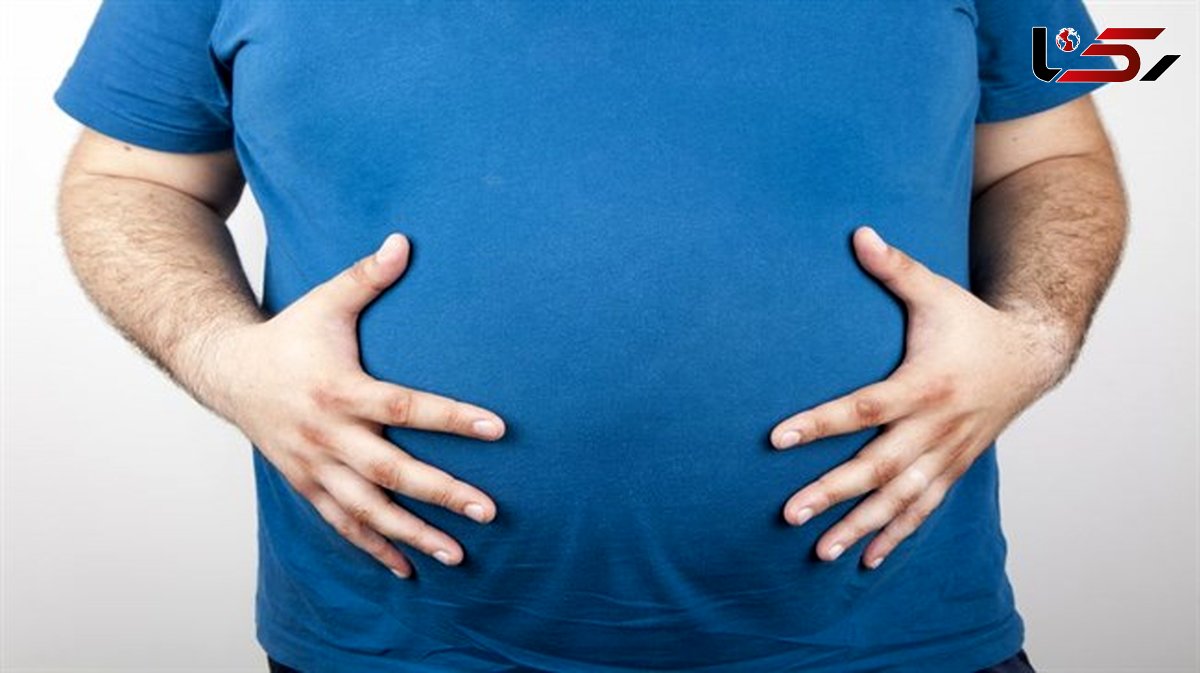Belly fat can adapt to resist weight-loss strategies, study finds
Rokna:Belly fat adapts over time to become more resistant to weight-loss treatments, according to a study published by the journal Cell Reports.

Human stomach fat, or the persistent area of weight gain around the stomach, effectively goes into "preservation mode," which enables it fight off attempts to make it go away, including intermittent fasting, the researchers said, upi.com reported.
"While most people would think that all fat tissue is the same, in fact, the location makes a big difference," study coauthor Dr. Mark Larance said in a statement.
"Our data show both visceral and subcutaneous fat undergo dramatic changes during intermittent fasting," said Larance, a research fellow at the Charles Perkins Center and School of Life and Environmental Sciences at the University of Sydney in Australia.
For this study, Larance and his colleagues examined fat tissue types from different locations of the human body to understand their role during every-other-day fasting, where no food was consumed on alternate days.
During what's known as "intermittent" fasting, fat tissue provides energy to the rest of the body by releasing fatty acid molecules, the researchers said.
They performed their experiments on mice, which have similar fatty tissue to humans but also process fat much faster, using state-of-the-art imaging technology, they said.
The fat types where changes were found included visceral "belly" fat, which is fat tissue surrounding organs such as the stomach, and subcutaneous fat, which lies just under the skin and is associated with better metabolic health, they said.
However, visceral fat became resistant to this release of fatty acids during fasting, according to the researchers said.
There were signs that visceral and subcutaneous fat increased their ability to store energy as fat, likely in an attempt to rapidly rebuild their fat inventory before the next fasting period, according to the researchers.
Although the findings from this study may not apply to different diet regimes, such as the 5:2 diet, or fasting two days out of seven, or calorie restriction, they may help determine which diet plans would be most beneficial for metabolic health, the researchers said.
"This suggests the visceral fat can adapt to repeated fasting bouts and protect its energy store," Larance said.
"This type of adaptation may be the reason why visceral fat can be resistant to weight loss after long periods of dieting," he said.
Follow the Official Rokna NEWS Telegram Channel For More and fresh NEWS.

Send Comments